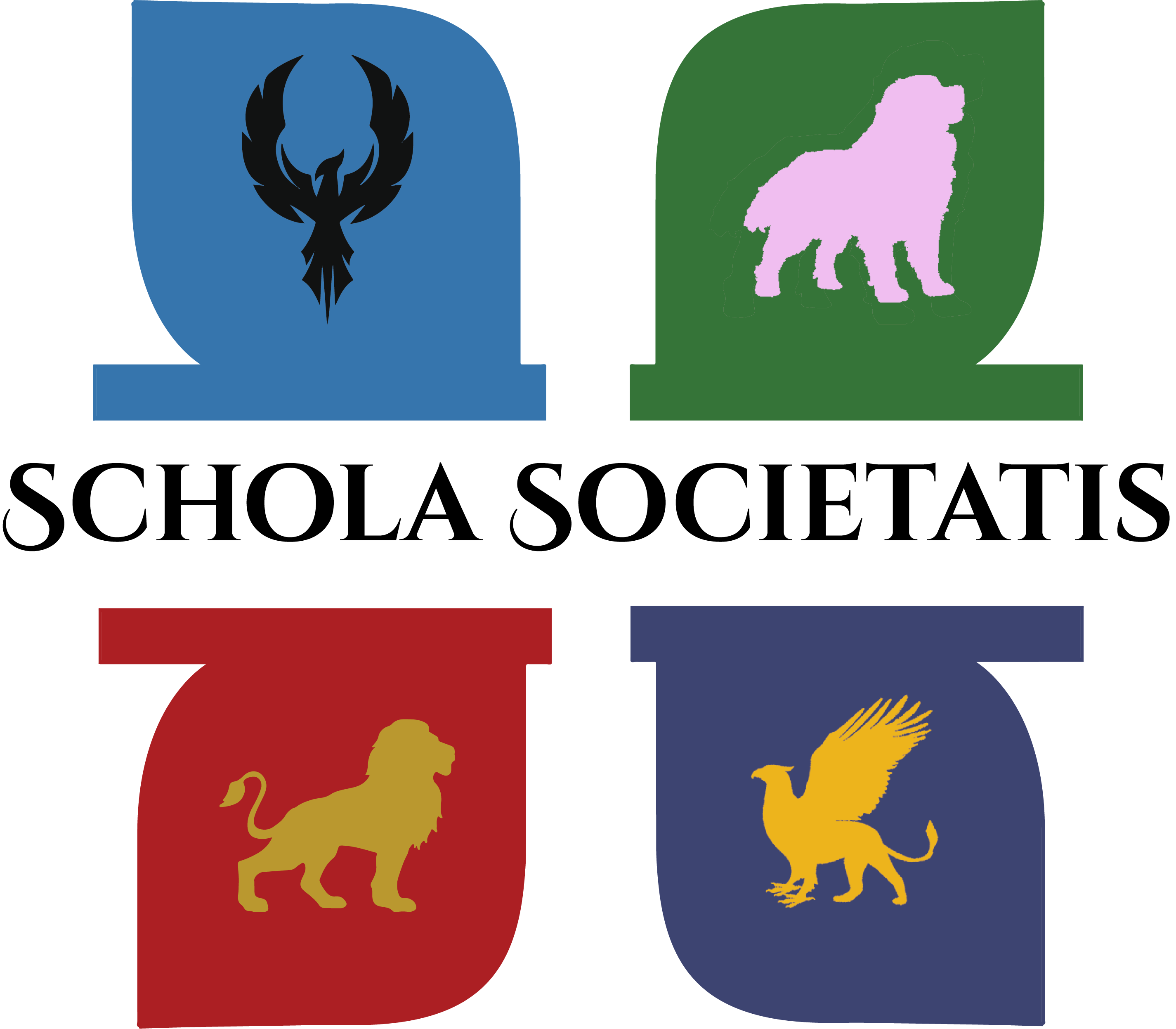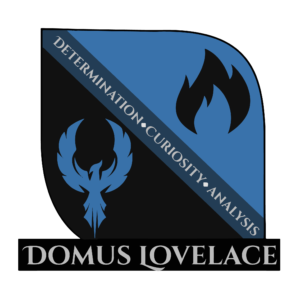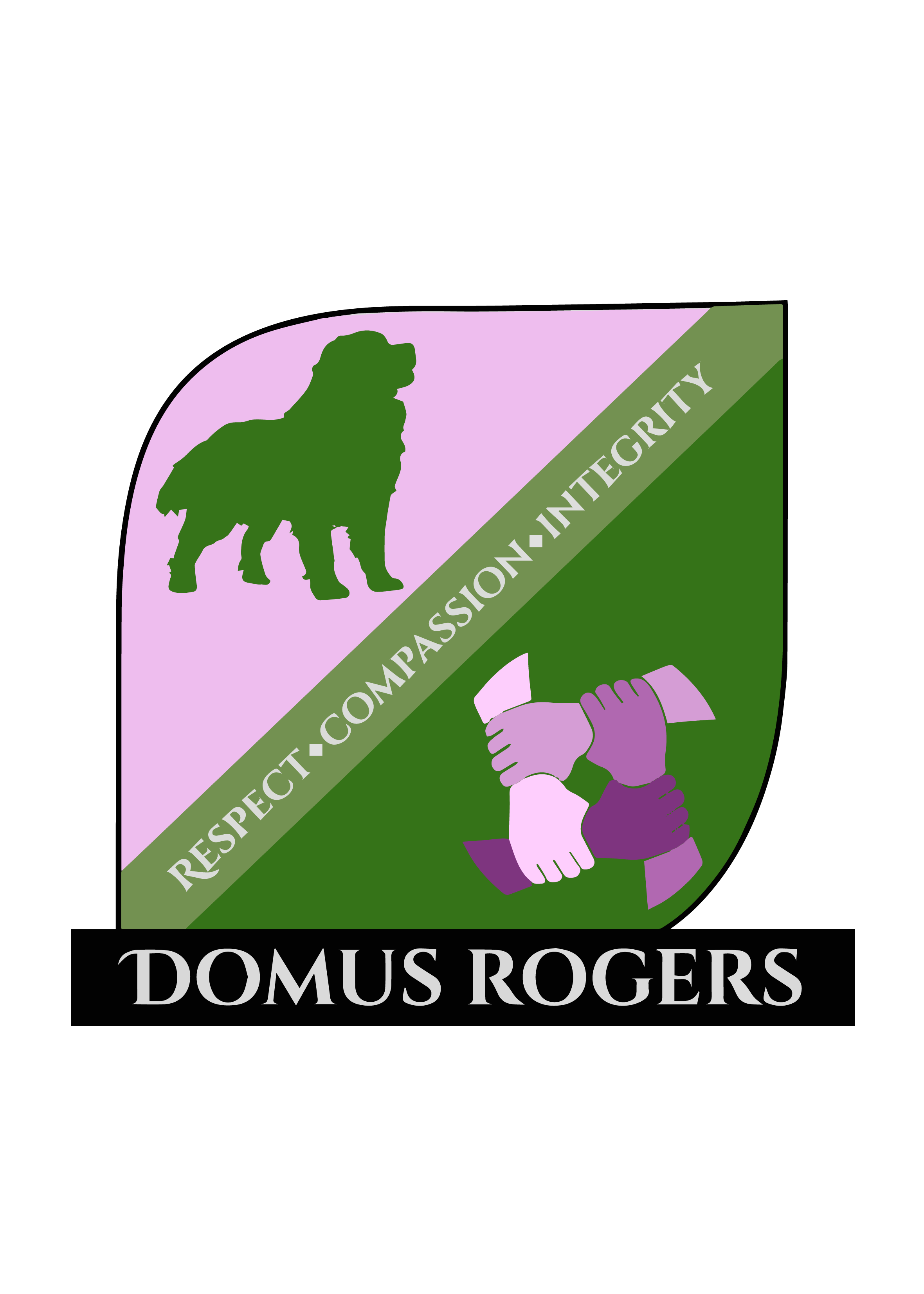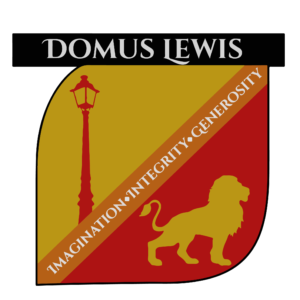One of the things we’ve heard over and over is that when teens move into upper school, they want more from their school experience. They want more challenge, more friends, and more activities. They want to be a group apart from the younger students. They are figuring out who they are. They want to be independent. They want and need relationship with adults other than their parents.
At Connections, our vision, mission, and purpose work together. Our goal is that students graduate as well-prepared young adults who pursue Christ and courageously impact their world.
Several years ago, we started exploring how we could encourage growth towards well-preparedness outside the classroom for our older students. These young adults are learning about how to be on a team and when step to up and take the lead. They are developing their creativity and learning how to problem solve, discovering how to make an idea a reality. They are building a supportive community and determining how to ask for help.

After much thinking, praying, and researching, in the fall of 2020 Connections instituted our house system, Schola Societātis (“School of Fellowship” in Latin) for all students who were 13 years and older.
History of the House System
First established in the Middle Ages, the house system has existed in schools the world over at universities like Oxford (est. 1096 AD) and European boarding schools at a time when students lived away from parents in houses with faculty and other students who supported and cared for each other. Through the centuries, the house system has grown in use in schools and universities all over the world.
Schola Societātis
Motto: Reach higher. Look further. Shine brighter.
Quote: “If you want to go fast, go alone. If you want to go far, go together.”
Values: Camaraderie, Leadership, and Creativity
Although we have brought the house system to Connections, Schola Societātis is uniquely our own. There is no national register of students, and its structure, activities, and goals are designed specifically for the upper school students who attend Connections.
Schola Societātis is made up of four domūs (Latin for “houses”). It is our vision that in these domūs, students will work with and for each other, supporting one another, practicing compassion, and celebrating individual strengths and differences.
In the process, students will build a strong sense of tradition and a feeling of identity and belonging in a supportive environment, while moving from a place of being led into learning to lead as they grow and mature. Students will collaborate with adults and other students to plan and realize goals, creatively solving problems along the way. Friendly competition between the houses will promote comradery, while cultivating a sense of community and instilling house virtues as part of their personal character.
2020 was a challenging year in which to begin such an endeavor. Even so, over the course of the year, Schola Societātis sponsored a food drive that collected almost 2000 food items that were donated to our host churches’ charities. We also held our first annual field day in which students competed for points and had a lot of fun in the process. And we awarded our first Domus awards and House Cup, which was claimed by Domus Lewis.
Since the initial sorting in December 2020, which was based on students’ common interests and other factors, the students in each Domus came to define themselves more clearly by selecting their patron, house characteristics, a house motto and quote, a house animal and emblem, and house colors.
The Four Domūs
Our headmistress (Domina), Emily Lorelli, oversees the four houses and Schola Societātis-wide events. Each domus is guided by a Connections instructor (magister or magistra), house parents, and student leaders.

Patron: Ada Lovelace
Values: Determination, Curiosity, Analysis
Motto: It’s kind of fun to do the impossible.
Quote: “I have not failed. I’ve just found 10,000 ways that won’t work.” (Thomas Edison)
Animal: Phoenix
Emblem: Flame
Magistra: Analiisa Reichlin

Patron: Fred Rogers
Values: Respect, Compassion, Integrity
Motto: A life spent helping others is a life filled with purpose.
Quote: “All life events are formative. All contribute to what we become, year by year, as we go on growing.” (Fred Rogers)
Animal: Bernese Mountain Dog
Emblem: Handshake
Magistra: Sharon Duguay

Patron: C.S. Lewis
Values: Imagination, Integrity, Generosity
Motto: We are what we believe we are.
Quote: “I believe in the imagination. What I cannot see is infinitely more important that what I can see.” (Duane Michals)
Animal: Lion
Emblem: Lamp post
Magistra: Theresa Caproni

Patron: J.R.R Tolkien
Nickname: Inklings
Values: Beauty, Honor, Adventure
Motto: We speak these truths.
Quote: “There are truths that are beyond us, transcendent truth, about beauty, truth, honor. . . It is only through the language of myth that we can speak of these truths.” (J.R.R. Tolkien)
Animal: Griffon
Emblem: Quill
Magister: Alex Binz
Q&A
How will my student be assigned to a house?
Your student will receive an email to their school account that will contain a link to complete the Schola Societātis Student Questionnaire, which will help us sort your student into their Domus.
As well, parents will be emailed a Schola Societātis Parent Questionnaire. Your responses to this form will help us to place your student appropriately, especially if you have more than one student in the house system.
We will generally place siblings together in the same Domus, but if you (and your students) feel this would not be good for your family, please let us know in the Schola Societātis Parent Questionnaire.
At our Welcome Back Kickoff event that takes place each year just before school begins, we will have a Sorting Ceremony for new Schola Societātis students.
If your student does not want to fill out the “sorting” questionnaire, he or she does not have to do so. We will assign all eligible students a house.
Does my student have to participate?
It is our hope that all students find community within their house; however, participation in house and school events, like all extracurricular events at Connections, is optional. So, though your student may be in a house, he or she does not have to participate if he or she does not want to.
What if my student’s friends are all in a different house?
In a traditional school setting, students spend six hours a day, five days a week in the same place, and naturally build friendships because of proximity and time spent together. At Connections, students in a class may only spend one hour a week as a group. Though being in classes together is one way to meet friends, class time is not the only opportunity to expand one’s community of friends and the possibilities of those friendships.
The house system creates an environment of participation and collaboration in which students work with other students who have similar interests on projects and events such as creating artwork for a house t-shirt or earning points by bringing canned goods for a food drive or helping to plan and organize a Domus-wide event like a science fair.
House placement isn’t meant to limit or replace friendships, but rather to encourage opportunities to meet and interact with other students outside of classes – students with whom they may have a lot in common. Students will still have classes, lunch period, and other activities to be with their friends.
How will Schola Societātis benefit my student?
The house system has many advantages. One of the greatest is that it provides students of all ages the opportunity to work together, which ensures that age is not a barrier to friendship and collaboration. This freedom creates a cohesive community environment where the life skills we want to see growing in our students develop—skills they will take with them as they graduate and make their way in the world.
The school years are the only time in most student’s lives where they are only with their own age group. One of the benefits of homeschooling is that students are often interacting with a wide range of ages, which more closely mimics what they will experience for most of their life. Our goal is to help prepare them for life beyond school.